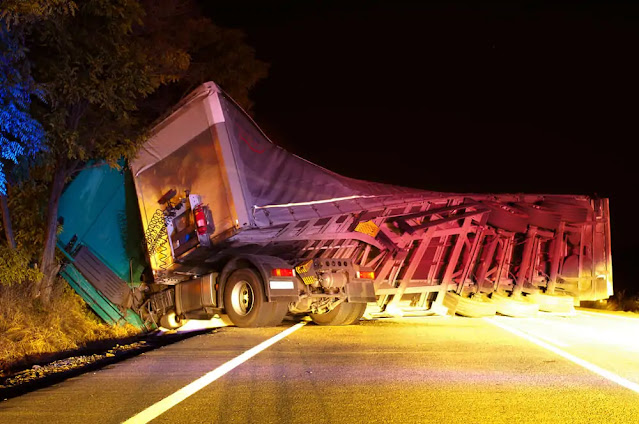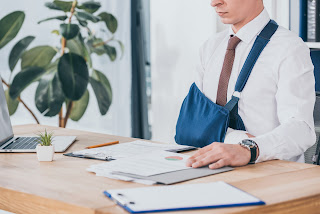As you navigate the complexities of premises liability, understanding the legal responsibilities and the framework for claims following accidents on property is paramount. Whether you are a property owner, tenant, or visitor, this guide will explain the key principles of premises liability and how to seek justice if you have been injured due to another's negligence.
Premises Liability Explained
Premises liability is an important legal concept often
encountered in personal injury cases, particularly when an individual's injury
results from an unsafe or defective condition on someone's property. This area
of law covers a range of situations, from slip-and-fall accidents to injuries
caused by structural flaws. The majority of premises liability claims hinge on
the principle of negligence. The injured party carries the burden of proof,
necessitating them to demonstrate that the property owner's negligence directly
contributed to their injury.
For residents and visitors alike, it's important to
understand that property owners, whether they are residential homeowners,
commercial property entities or municipal bodies, have a fundamental legal
obligation. This duty involves maintaining their premises in a reasonably-safe
condition and adequately warning of any potential hazards. The objective is to
prevent injuries to anyone who might be on the property, whether they are
guests, customers or even trespassers in certain circumstances. Failure of
property owners to meet these standards can result in legal action in which the
injured party can seek compensation for damages sustained due to the owner's
negligence. This comprehensive approach underlines the significance of safety and
responsibility in property management.
Your Legal Responsibilities
If you own property, you must maintain a safe environment for
all visitors. Failure to do so may result in a premises liability claim should
someone be injured. Regular inspections, prompt repairs, and adequate warnings
of potential dangers are all necessary steps to mitigate the risk of accidents
and legal action against you.
Claims for Accidents on
Property
When an accident occurs on someone else’s property, the
injured party may have the right to pursue a claim if the owner’s negligence
can be established. Proving negligence involves demonstrating that the property
owner knew or should have known about the dangerous condition and failed to
correct it or warn adequately about it.
In Pennsylvania, including Lancaster County, Delaware County,
and Chester County, including West Chester, the status of the visitor—invitee,
licensee, or trespasser—can significantly affect the outcome of a premises
liability claim. Each classification holds different rights under the law, and
the level of care a property owner must exercise varies accordingly.
Seeking Legal Assistance
After sustaining injuries on another’s property, consulting
with an accident injury lawyer who is well-versed in the local laws
of Pennsylvania is critical. A skilled attorney can help evaluate your case,
gather evidence, and represent your interests in negotiations or at trial.
If you were involved in a vehicle accident on someone's
property, a car
accident law firm with experience in both premises liability and car accident
cases can provide you with comprehensive legal support.
For a broader range of injuries incurred on someone else's
property, a personal injury law firm can offer expert advice and
representation to ensure that your rights are protected and that you receive
fair compensation for your injuries.
Knowledge is Key


























